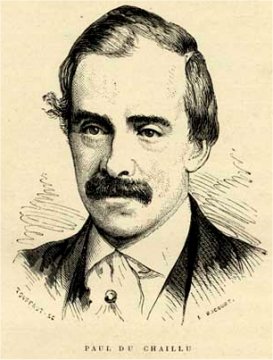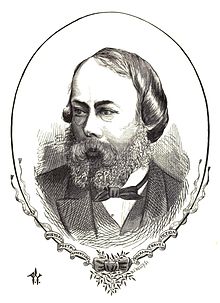I’ve been reading a book a friend gave me called An Immense World, by the British science writer Ed Yong. If the name sounds familiar, it’s because he’s a regular at The Atlantic, and won the Pulitzer for his writing about COVID over the past two years, an island of common sense and clarity in the general chaos of misinformation. I might go so far as to say Ed Yong’s columns kept me sane.
The
central theme of An Immense World is
how we encounter our immediate environment, how we separate the familiar from
threat, how we register light, heat, pain, movement, and even magnetic fields –
and by we, it includes every creature
of the earth, the air, or the oceans.
The immense world is exactly that, not confined to our species alone.
Yong borrows a conceit called Umwelt from the German, the world which appears to us, and each of these worlds appears differently to different animals. But our world feels to us like the whole world: since it’s all we know, he writes, we easily mistake it for all there is to know.
Light is electromagnetic radiation. Sound is pressure waves. Smells are small molecules. Our senses transform those signals into a sunrise, a voice, the scent of baking bread. Biology tames physics. It turns external stimuli into information we can act on, to eat, to find shelter, to survive, and reproduce, and to evolve.
[The
above is not me writing; I’m paraphrasing Yong.]
No animal can respond to everything, too much information is as bad as too little. We imagine it to be a superpower, that Spidey sense, but it would be overwhelming. So each animal filters their signals at the source. Which work to our advantage, which work against us? Natural selection is the obvious mechanism. If it ain’t broke, don’t fix it.
What fascinates me about this is how clearly it applies to human social interactions, how it’s a physical model for relationships, functional and not so. If this is the way the brain works, the way it processes signals from the physical world, and makes them kinetic – fight or flight, for example – is this also the way the brain processes what we might call the less substantial world, language, ritual and religious belief, the interpretation of spirits, family and kinship? Does it develop from our sensory input?
Yong has an example from neurobiology. 400 million years ago, certain species of fish left the water to live on land. In the open air, they evolved to see longer distances than they could underwater, and he suggests this spurred a greater adaptive leap. By seeing farther ahead they could think farther ahead; they could plan, instead of simply reacting to what was immediately in front of them.
This isn’t biological determinism, that’s not where I’m going. I’m talking about the common tendency we have to analyze other people’s behavior in terms of our own. I see you acting in such-and-such a way, and if it were me, my motive or reason would be thus-and-so. I therefore ascribe that motive or reason to you – and I’m totally off-base.
The metaphor Yong puts forward (he credits Jakob von Uexküll, fabulous name) is a house with windows overlooking a garden, and each window has a different view, so our perspective of the garden shifts from window to window – a smell, a sound, a touch – but the garden we sense is the only real garden. The garden from a tick’s point of view, or a bee’s, or a sparrow’s, will be different from ours, but just as real. We’re each of us inside the house, looking out on a landscape. The windows are of course our physical senses. Is it plausible that the reach, or limits, of those senses, are reflected in the reach, or limits, of our imagination, our myth-making, our theology - our understanding of human destiny?
Our world feels to us like the whole world, and if it’s all we know, we easily mistake it for all there is to know.





